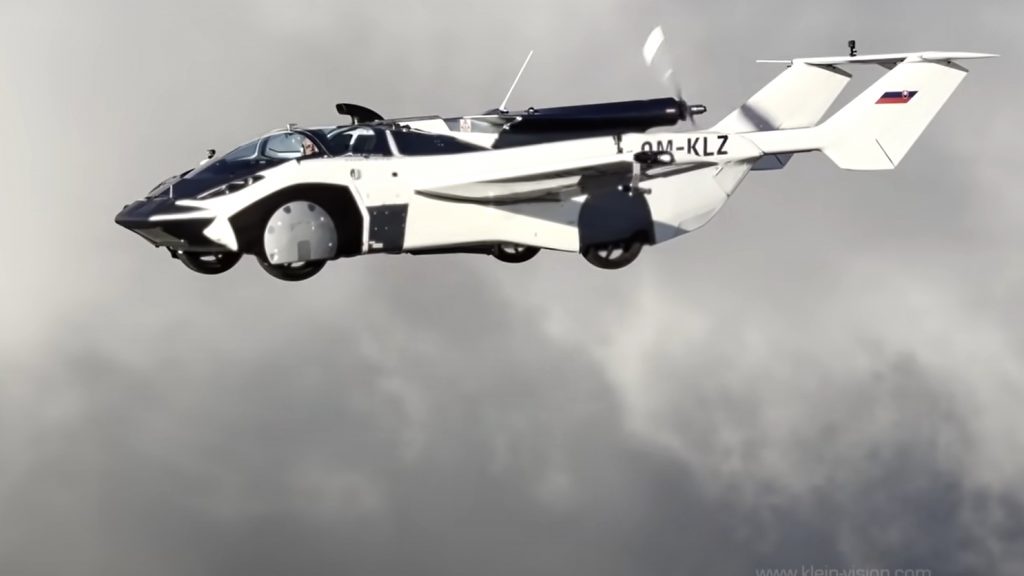Flying Cars Being Grounded Before They Even Had A Chance To Take Off?
Flying car startup Kittyhawk has announced it will shut down in favor of working with Boeing on a collaboration titled Wisk Aero, which will reportedly also focus on electric air travel.
This article is more than 2 years old
While flying cars are being touted as the next big thing, popular startup Kittyhawk recently announced that it will be shutting down. Backed by billionaire Google co-founder Larry Page, the company is named after the North Carolina town where the Wright brothers’ history-making airplane first took flight. “We have made the decision to wind down,” the company said on Twitter. “We’re still working on the details of what’s next.”
Kittyhawk was founded in 2010 to manufacture electric vertical takeoff and landing aircraft eVTOLs. The flying car startup was run and co-founded by Sebastian Thrun, a former Google VP who led the development of Google’s self-driving car and Google Glasses. The Kittyhawk Flyer was unveiled in 2018.
The all-electric ultra-light plane could fly a single occupant up to 10 feet off the ground at speeds of up to 20 miles per hour. A two-person air taxi called Cora was also in development. While these endeavors were exciting, Kitthawk’s long-term goal was to develop short-distance pilot-less air taxis that could be operated easily.
The company hoped these flying cars would be able to take off and land in urban locations that were difficult for conventional aircraft to access. According to Bloomberg, the startup also wanted to charge less than $1 per mile for rides. While the company didn’t give a reason for the closure, TechCrunch says the outfit shifted focus in the last two years.
Kittyhawk’s demise comes as more firms race to take their flying cars to the skies. In 2019, the soon-to-be-defunct startup partnered with Boeing to create Wisk Aero.

The legacy aviation company invested $450 million in the operation as it attempts to figure out how eVTOLs and conventional aircraft could operate together. Fortunately, the company’s closure won’t affect Wisk’s future.
“Kittyhawk’s decision to cease operations does not change Boeing’s commitment to Wisk,” a Boeing spokeswoman told Bloomberg. “We are proud to be a founding member of Wisk Aero and are excited to see the work they are doing to drive innovation and sustainability through the future of electric air travel.” The representative said the startup’s announcement will not affect Wisk’s operations or other activities in any way.
Meanwhile, several automakers have been keen investors in the burgeoning flying car industry. Honda, Hyundai, Mercedes, Stellantis, and Toyota have all expressed an interest as they evolve from manufacturing companies to organizations that also provide mobility solutions. Volkswagen Group China even unveiled its prototype aircraft, but the industry still needs to convince regulatory bodies around the world that eVTOLs are safe.
Earlier this month, United Airlines purchased 200 electric flying cars from Eve Air Mobility, with the option of buying 200 more. The carrier is also investing $15 million in the Embraer-backed startup, which was listed on the New York Stock Exchange in May. The deal comes after the company paid a $10 million deposit for 100 similar aircraft from California-based electric air taxi maker Archer in August. Under the terms of the latest agreement, the companies plan to work together on future projects.




